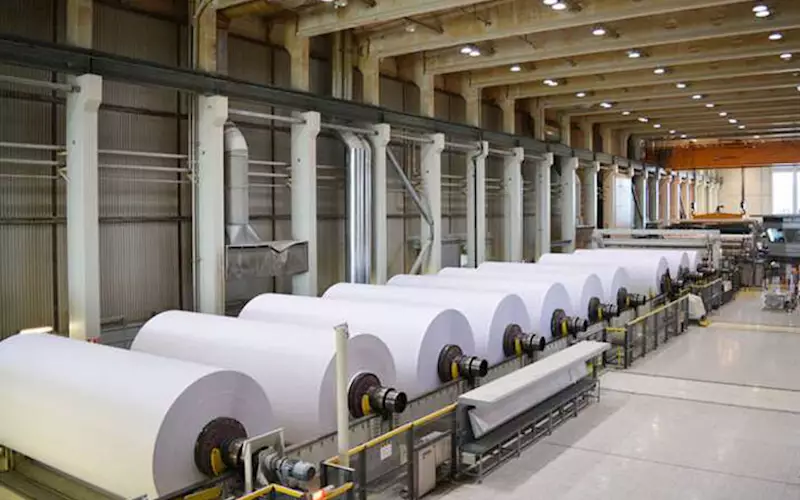India's paper consumption to notch 30-million tonnes by FY27
Paper industry in the country has undergone a transformation. The Indian Paper Manufacturers Association (IPMA) issued a statement last week which said the paper industry in India has a potential to grow by 6-7% per annum in the next five years.
20 May 2022 | By Dibyajyoti Sarma
According to IPMA, paper consumption in India will witness 6 to 7% annual growth and will reach 30-million tonnes by FY 2026-27. This is driven due to the government's emphasis on education and literacy plus the growth in organised retail.
In addition to education, the other major driver is the demand for quality packaging of FMCG products, pharmaceuticals, textiles, organised retail, and booming eCommerce.
AS Mehta, the president of IPMA, said, "In the last five-seven years, more than Rs 25,000-crore has been invested in new efficient capacities and induction of clean and green technologies."
He added, "The Indian paper industry has undergone a transformation in the last few years. The industry has gone up the sustainability curve and has become far more technologically advanced."
Today, the estimated turnover of the paper industry is Rs 70,000-crore with a domestic market size of Rs 80,000-crore.
Pramod Agarwal, president of Indian Agro & Recycled Paper Mills Association (IARPMA) concurred with AS Mehta.
Agarwal said, "During the Covid phase, writing and printing paper saw demand contraction, but the paper packaging industry fared well as the pharma sector, FMCG and growth in eCommerce played a major role in driving growth in the paper sector.
Meanwhile Deepak Mittal, president of the Federation of Paper Traders’ Associations of India (FPTA) in Bengaluru cautioned that there are innumerable issues which could derail the growth story. Mittal said, “The price of coal has increased production costs by 25-30%. In addition, there is an overall dip in production.”
He added, “With the start of offline classes this academic year, the demand has increased, especially for printing of textbooks.”
He pointed out that “buffer stocks for coal are low”.
He said, “If the crisis continues and there is any disruption in coal supplies and resulting power cuts, it will definitely cause problems.”
Book print firms have alerted the state governments about the shortage of raw materials; so that they are not penalised by the authorities if the textbooks are not supplied on time.












 See All
See All